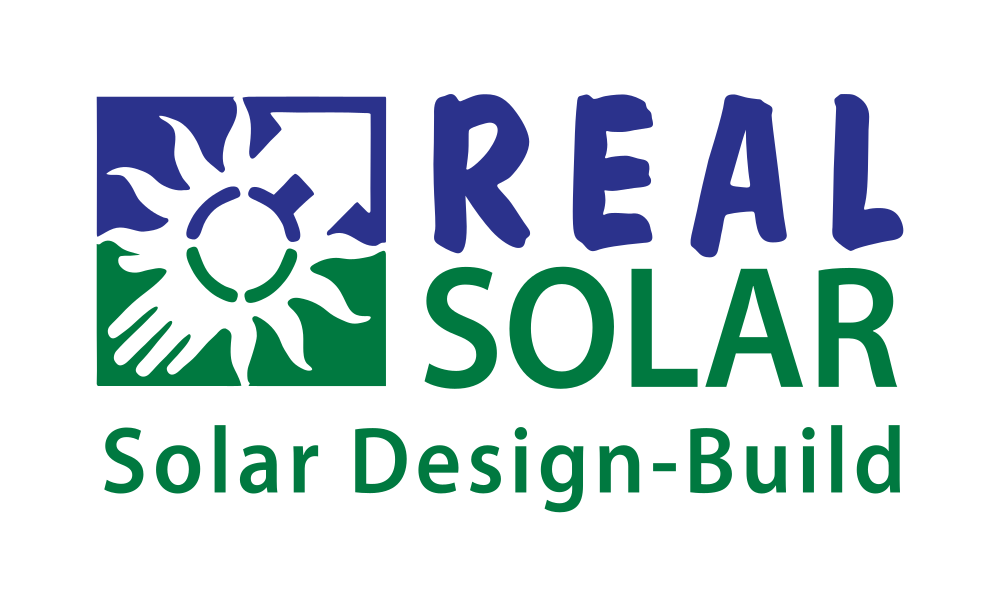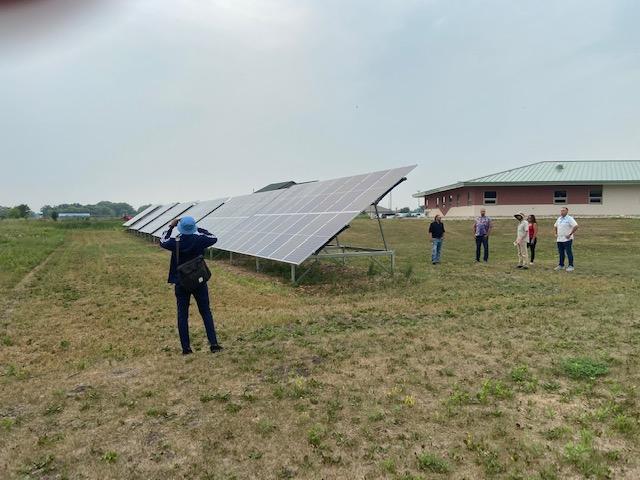Originally distributed April 2022 via RREAL
Credit to: Jennifer Jacquot-DeVries, Communications & Fund Development at RREAL
—
Spring is finally in the air in North Central Minnesota and that has us thinking about new growth: planting gardens, planning for fresh, locally grown produce, and the abundance that the combination of seeds, soil, water, and sunlight can produce.
The abundance that many of us relish in the form of fresh, nutritious, sustainably grown food is not universally accessible in Minnesota—not yet, anyway. But Minnesota Venture Farms has a plan to change that.
Food Deserts and Food Apartheid Zones
“Food Apartheid Zones” might have previously been called “food deserts,” or areas where finding and affording fresh, high-quality food is difficult or impossible. It might be a community or neighborhood without a full grocery store.
Lately, and more accurately, another term has emerged—Food Apartheid Zones— which asks us to consider the social inequalities that lead to unequal food access, not only economic but racial and geographic. Why do many white neighborhoods typically have nicer grocery stores with higher quality food than many Black neighborhoods? Why do white farmers get the vast majority of USDA farm loans and subsidies? These are essential questions as we look to build equitable, just, and sustainable paths forward for all people and communities.
 Our friends at Minnesota Venture Farms are working to change this uneven food landscape, and our team here at RREAL is ready to help to make their vision a reality as we work together to build solar greenhouses at five sites around the state.
Our friends at Minnesota Venture Farms are working to change this uneven food landscape, and our team here at RREAL is ready to help to make their vision a reality as we work together to build solar greenhouses at five sites around the state.
“MVF is committed to addressing environmental, social and economic challenges we face in the small to medium farming community in MN. We are committed to sharing wisdom across our state in the spirit of inclusion,” said Reynolds Anthony-Harris, MVF Initiative Co-leader.
 Caption: Anesu Masakura snaps a shot of a 40kW array RREAL built at the White Earth Tribal & Community College to fully power their MN Extension Sustainable Agriculture building in the background.
Caption: Anesu Masakura snaps a shot of a 40kW array RREAL built at the White Earth Tribal & Community College to fully power their MN Extension Sustainable Agriculture building in the background.
Minnesota Venture Farms (MVF) is an independent, BIPOC-led, GMCC (founded as Greater Minneapolis Council of Churches) initiative working to establish a social for-profit enterprise.
MVF aims to address Minnesota’s food system challenges by building solar-powered greenhouses in rural Minnesota locations, using fresh, sustainably grown food to reimagine and strengthen regional food systems, promote sustainable farming practices, increase food security and sovereignty, and support the growth of small and new farms and rural communities.
The potential of this work to transform regional food systems and broaden access to the best, most sustainably grown foods our Earth can provide here in Minnesota is substantial.

 Caption: Dustin Swenson, a RREAL Solar Internship grad and Lisa Brunner, White Earth Tribal & Community College Sustainable Agriculture Director, take Don Flowers, Doug Belton, and Anesu Masakura from MVF on a tour. Right: Plans for a solar greenhouse.
Caption: Dustin Swenson, a RREAL Solar Internship grad and Lisa Brunner, White Earth Tribal & Community College Sustainable Agriculture Director, take Don Flowers, Doug Belton, and Anesu Masakura from MVF on a tour. Right: Plans for a solar greenhouse.
“We have a real opportunity to help transition many of our disinvested, marginalized communities into models of economic cooperation, prosperity, health and wellbeing. MVF takes a collaborative approach to innovating and demonstrating what the future can look like when human and planetary health are at the center of our food systems,” said MVF Initiative Co-leader Douglas Belton.
Addressing Healthy Food Access to Reduce Poverty and Inequality in Greater MN Here at RREAL, reducing poverty with solar power is at the core of our mission and programs. Clean energy and sustainable food production are intertwined strategies that can reduce poverty and improve lives. This is the root of our interest in and desire to learn more about agrivoltaics and the many possibilities for applying them in both urban and rural environments.
Working with MVF, RREAL has found partners whose values and vision align with ours, knowing the work of building a more sustainable path forward is multifaceted. Clean energy is essential, and so is the work of modernizing food systems with regenerative and traditional knowledge that cares for the planet while feeding the people and respecting all creatures who call this place home.
This collaborative effort can create the kind of systemic change and stability that so many Minnesota communities need. This work is timely, important, and just the fresh air we need these days.
MVF is a new initiative, still in early stages, as substantial public and private investment is still needed to establish the infrastructure and get building. But plans are forming up. Partners around the state are on board. Collaborators—including RREAL—are working together to move forward on a shared vision that can make significant change all over the state of Minnesota.
As always, we will keep you updated as things progress.
Thanks for helping us build a more sustainable future, full of clean, solar energy, and fresh, nutritious food—for everyone.

Recent Comments